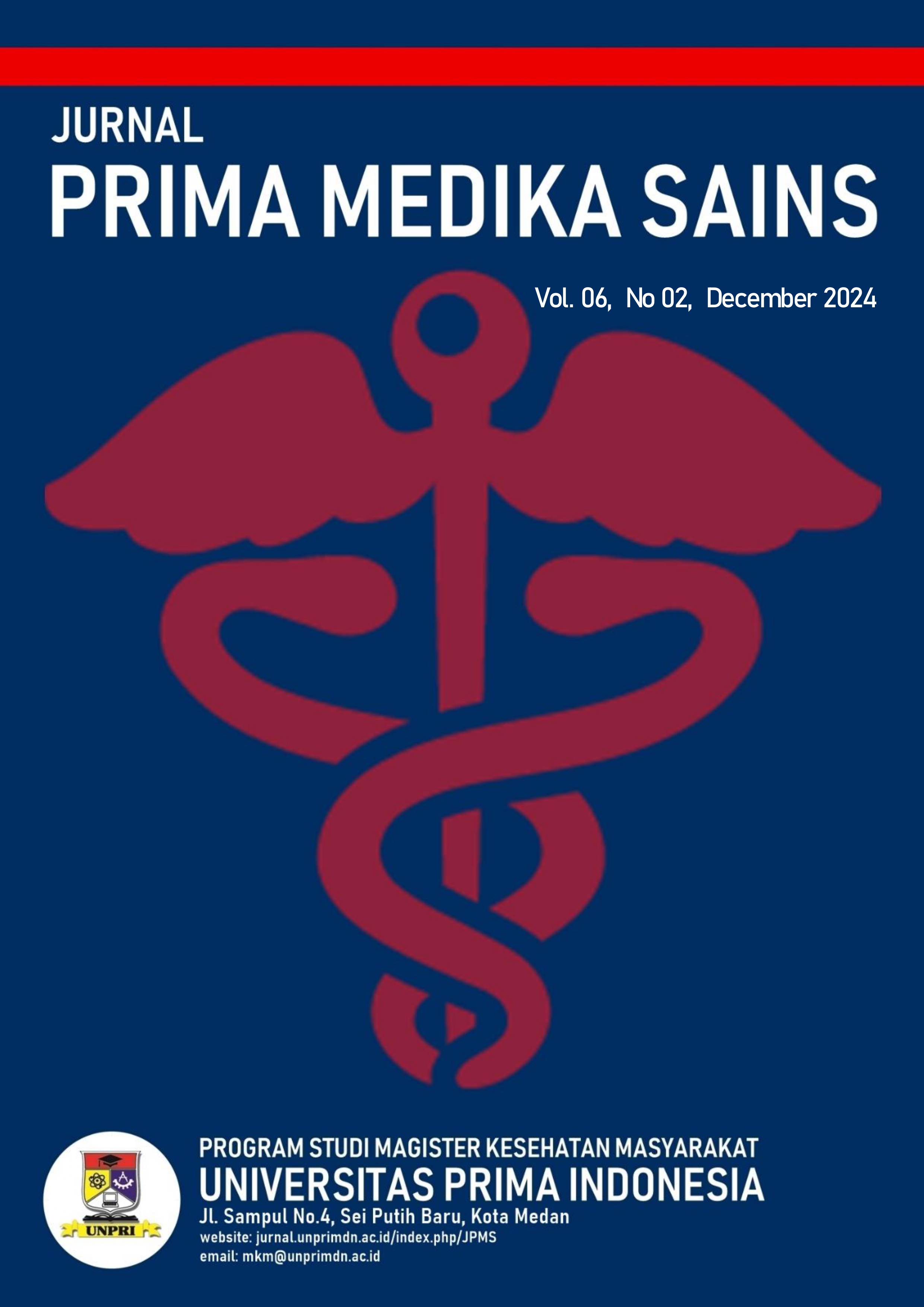Family caregivers' experiences caring for stroke survivors: A phenomenological study
Main Article Content
Abstract
Families play a crucial role in caring for stroke patients, but they often face various challenges. This study aims to explore the experiences of family members as caregivers for stroke patients. Using a phenomenological approach, this research examines the participants' direct experiences to uncover the phenomenon's essence. Data was collected through in-depth interviews over three months, from May to July 2024. In-depth interviews were used as the main instrument for gathering qualitative data from nine informants. The interview process was conducted in-depth and systematically, with triangulation techniques to enhance data validity. Data analysis was performed using a thematic content analysis approach. Data was continuously analyzed during the collection process, focusing on recurring keywords and phrases. The results were then grouped and organized into relevant subthemes. The findings indicate that caregivers often experience sleep deprivation, physical exhaustion, and social isolation. Additionally, they face financial challenges due to loss of income and increased healthcare costs. Despite these challenges, caregivers derive satisfaction from their role. This study highlights the need for a comprehensive support system, including respite care, financial assistance, and educational resources, to improve caregiver well-being and enhance the quality of care for stroke patients.
Article Details

This work is licensed under a Creative Commons Attribution 4.0 International License.

